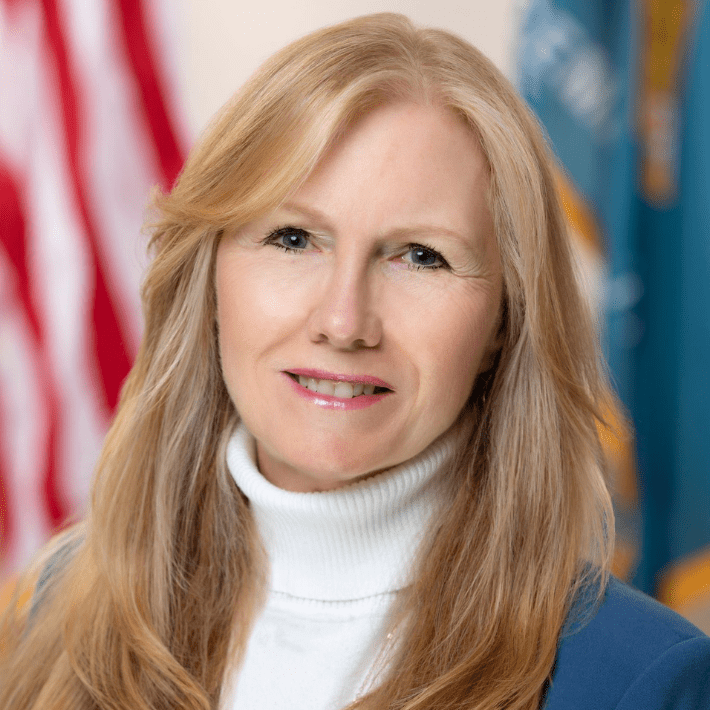
Sen. Hansen questioned why the Public Health Emergency Planning Commission hasn’t been meeting and reporting. (Unsplash)
A bill that would add legislators to the state commission that oversees public health emergencies left one senator confused in the Senate Health and Social Services Committee meeting Wednesday.
Senate Bill 66, sponsored by Sen. Eric Buckson, R-Dover, adds the Senate minority leader and the House minority leader as members of the Public Health Emergency Planning Commission. It works with federal, state, local and private groups to ensure the state is prepared to deal with any public health crisis.
The commission now has 14 members.
“In a number of commissions we have representation from the legislature,” said Sen. Stephanie Hansen, D-Middletown. “Is it more common than not that we have a member from all four caucuses that serve on the commission?”
Having all four caucasus represented would include adding a representative from Senate and House Democrats.
Buckson, who is in his first term, said he would look into some of the past bills to see if including all four caucuses is the norm.
Under SB 66, if Delaware is in a state of emergency due to a public health crisis, the commission would need to meet at least every 30 days until the state of emergency is lifted.
Hansen also questioned if the commission has actually met, done any work or submitted any reports to the state.
The history of the commission is interesting, Buckson said. It was created by Gov. John Carney’s administration at a request from the CDC, he said.
“There’s a requirement that exists in law right now that says every two years it needs to convene for the simple purpose of maybe just dusting it off in the event that it is needed,” Buckson said. “If you’re asking me if this commission actually met during our most recent public health emergency, my understanding is it has not been meeting.”
Under current law, the commission produced a report on the state of public health in Delaware in 2002, and is required to meet every two years to review their report and recommendations.
“So have they been providing these reports like they’re supposed to under the code?” Hansen said.
There’s no evidence of that, Buckson said.
“It sounds to me like this is a condition that’s been in place at least in the statute, and it has certain duties and responsibilities that it is supposed to have been meeting in the statute and may not have been meeting those for 20 years,” Hansen said.
“This is probably a bigger issue than adding two new people to the commission. It sounds like it ought to be something that should come up in front of the Sunset Committee.”
No public vote was held on SB 66. Senate committees do not vote in public. They will sign the back of the bill with their votes, which are reported hours later on the state’s bill tracker.
Also in the meeting, Hansen presented Senate Bill 71, which would require law-enforcement agencies, the Department of Services for Children, Youth and Their Families, and the Department of Justice to report suspected animal cruelty to the Office of Animal Welfare.
The reports would only be mandated if an employee of the aforementioned agencies discovers an incident of abuse while performing their responsibilities in child welfare cases.
The bill had little discussion, but Hansen pointed out that data shows animal abuse is often a red flag and first sign of other violence in a household, such as child or domestic abuse.
No public vote was taken on SB 71 either.

Raised in Doylestown, Pennsylvania, Jarek earned a B.A. in journalism and a B.A. in political science from Temple University in 2021. After running CNN’s Michael Smerconish’s YouTube channel, Jarek became a reporter for the Bucks County Herald before joining Delaware LIVE News.
Jarek can be reached by email at [email protected] or by phone at (215) 450-9982. Follow him on Twitter @jarekrutz
Share this Post





